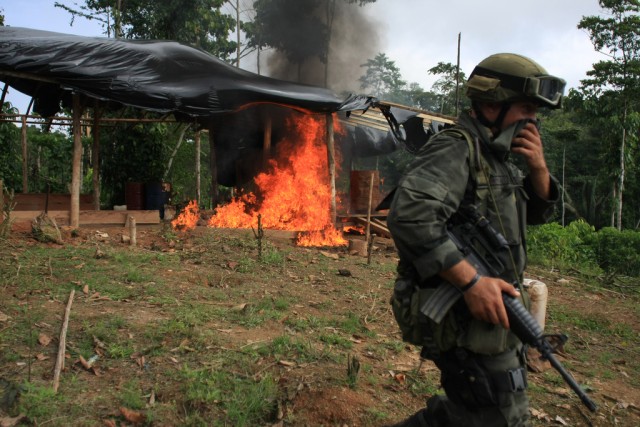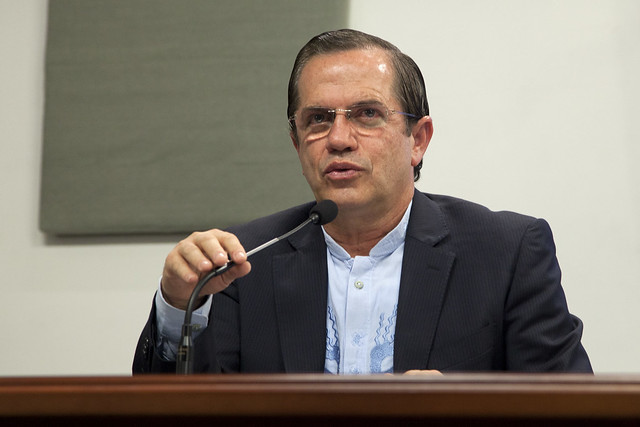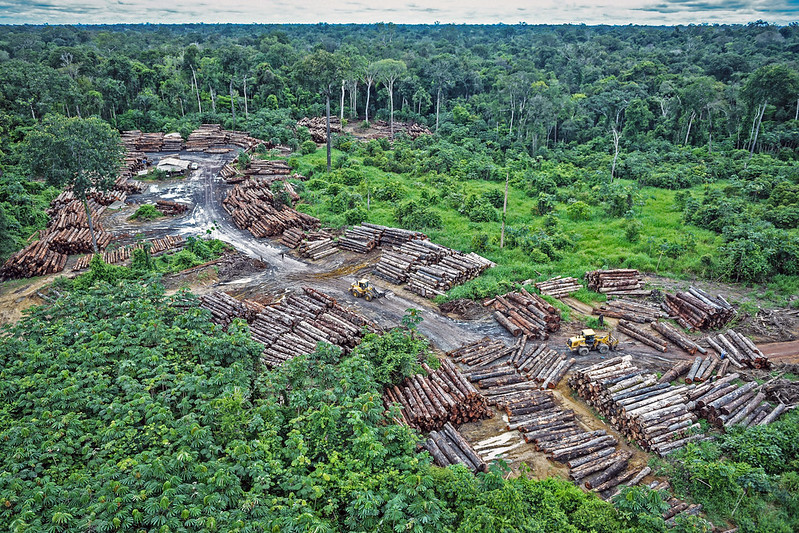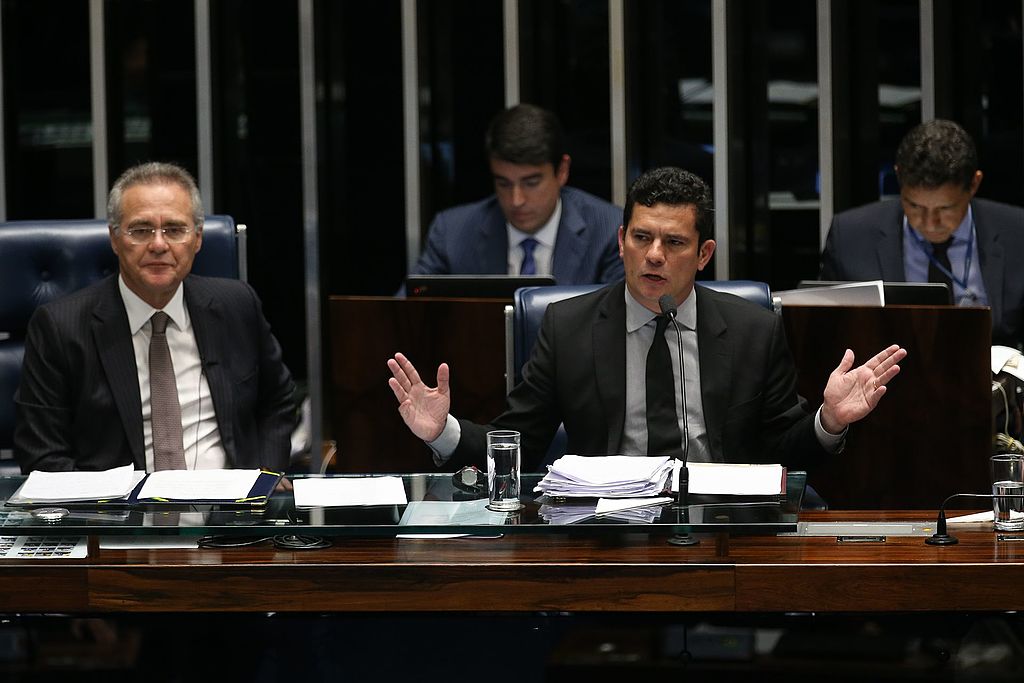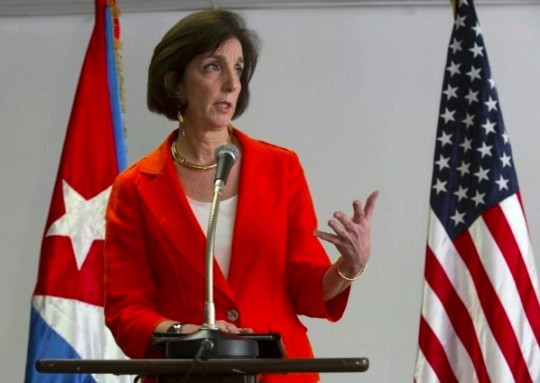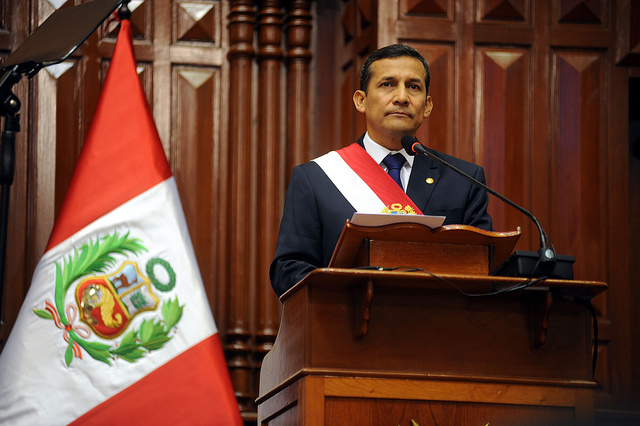
Andes, Latin America: Week in Review, Peru
Espionage Allegations Threaten Relations Between Peru and Chile
February 23, 2015 By Staff
Top Story — The diplomatic crisis between Peru and Chile over a suspected spying plot intensified over the weekend as Peruvian President Ollanta Humala sent a strongly worded letter to Chilean officials and announced that he would withdraw the country’s ambassador from Chile.
Ollanta’s letter and statement follow revelations last week that three Peruvian naval officials are suspected of spying for Chile. Two of the three officers are currently standing trial for treason in a Peruvian military court, while the third is under investigation. The three naval officials allegedly posed as Italian businessmen in the process of attempting to sell information to the Chilean navy.
On Friday, Chilean officials released a statement saying that the country does not condone or promote spying.
Chile and Peru hold a historically mistrustful relationship. The two Andean countries, which share a border, have had previous disputes over the sovereignty of land and water on the Pacific Ocean. A settlement in international court over a border dispute last year raised hopes that the two countries would be able to mend their relationship. The recent spying allegations, however, threaten to derail them.
Speaking about the recent charges of treason, Humala classified them as “very, very serious for bilateral relations between Peru and Chile, which we have been strengthening.”
Headlines from the Western Hemisphere
North America
- “Americans are largely unaware that Mexicans were frequently the targets of lynch mobs, from the mid-19th century until well into the 20th,” says an op-ed in The New York Times that looks into a recently released report by the Equal Justice Initiative on lynchings in U.S. history.
- Protesters marching against the fatal police shooting of an unarmed Mexican in Washington state blockaded a bridge over the Columbia River on Feb. 21, signifying an increase in the intensity of protests over the killing.
- Coca-Cola’s largest bottler in Mexico temporarily suspended operations in the capital of Guerrero state in response to last week’s attacks on their workers and trucks amid protests over the missing 43 students from the state.
Caribbean
- The Inter-American Court on Human Rights urged the Bahamas to better protect people housed in the country’s immigrant detention center, where severe lack of supplies and facilities have put the mostly Haitian immigrants’ lives and health at risk.
- At least 1,500 Haitian men and women have been deported from the U.S. in the last five years, according to a report from law centers at the universities of Chicago and Miami, which asked the United States to halt the deportation of Haitians for minor crimes and to extend temporary protective status to all Haitians for the duration of the country’s humanitarian crisis.
- Thousands of Haitians in Port-au-Prince marched through the capital city’s main park on Saturday to mourn the 17 people killed in an accident during Carnival celebrations last week, after a related protest was held on the previous day.
- The leader of the Cuban dissident group the Ladies in White will submit her leadership to a vote, in response to criticism by members living abroad relating to the group’s internal politics.
Central America
- Guatemala is set to eliminate customs duties with Honduras by the end of 2015, in a move that aims to promote commerce, reduce costs and help alleviate poverty.
Andes
- The mayor of Caracas, who was arrested last week, has been accused of conspiring against the Venezuelan government and plotting a U.S.-backed coup, though the mayor’s lawyers said they will ask a judge to dismiss the conspiracy charges, which they called “totally unfounded.”
- A new program in Bolivia that provides free organ transplants to the poor has been successful since President Evo Morales took office ten years ago, but still faces resistance from indigenous communities, which rely on traditional healers rather than doctors and where custom dictates individuals be buried with all their organs.
Southern Cone
- Argentine President Cristina Fernández spoke out against what she perceived as the politicization of Argentina’s judiciary on Saturday, in her first comment regarding a rally organized by state lawyers last week to demand justice for the death of Alberto Nisman, the prosecutor whose mysterious death on Jan. 18 has captivated Argentina.
- A Brazilian official has moved to block requests for leniency by foreign companies implicated in an investigation into widespread corruption at the Petrobras state oil company, which could prevent the businesses from bidding on government contracts until the inquiry is completed.
- Indonesia has withdrawn its ambassador to Brazil after a perceived procedural slight, after a Brazilian citizen was executed last month in Indonesia for drug trafficking, an incident which sparked a diplomatic outcry.
Image: Congreso de la República del Perú, CC BY 2.0
Subscribe to Today in Latin America by Email
